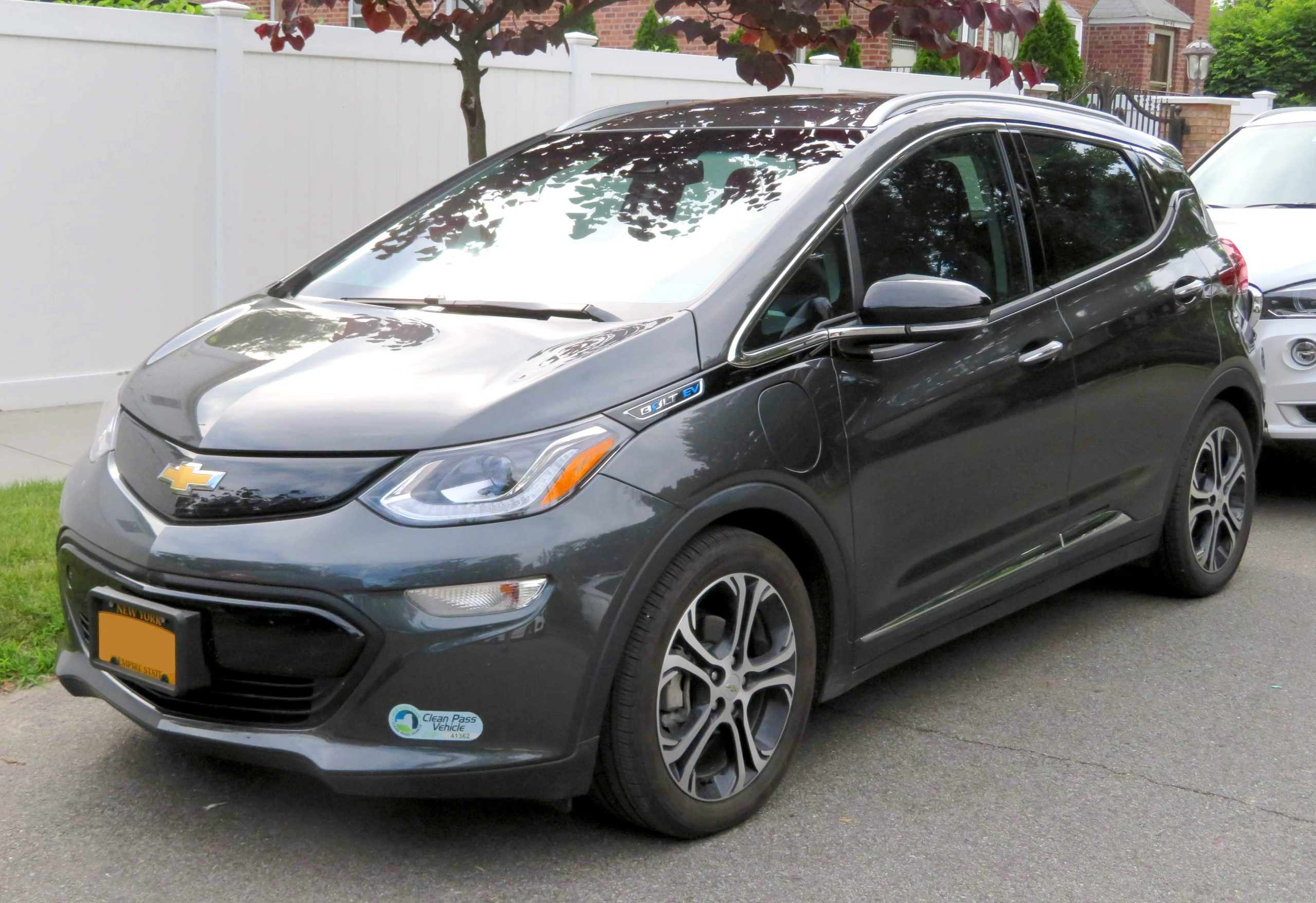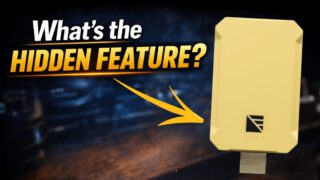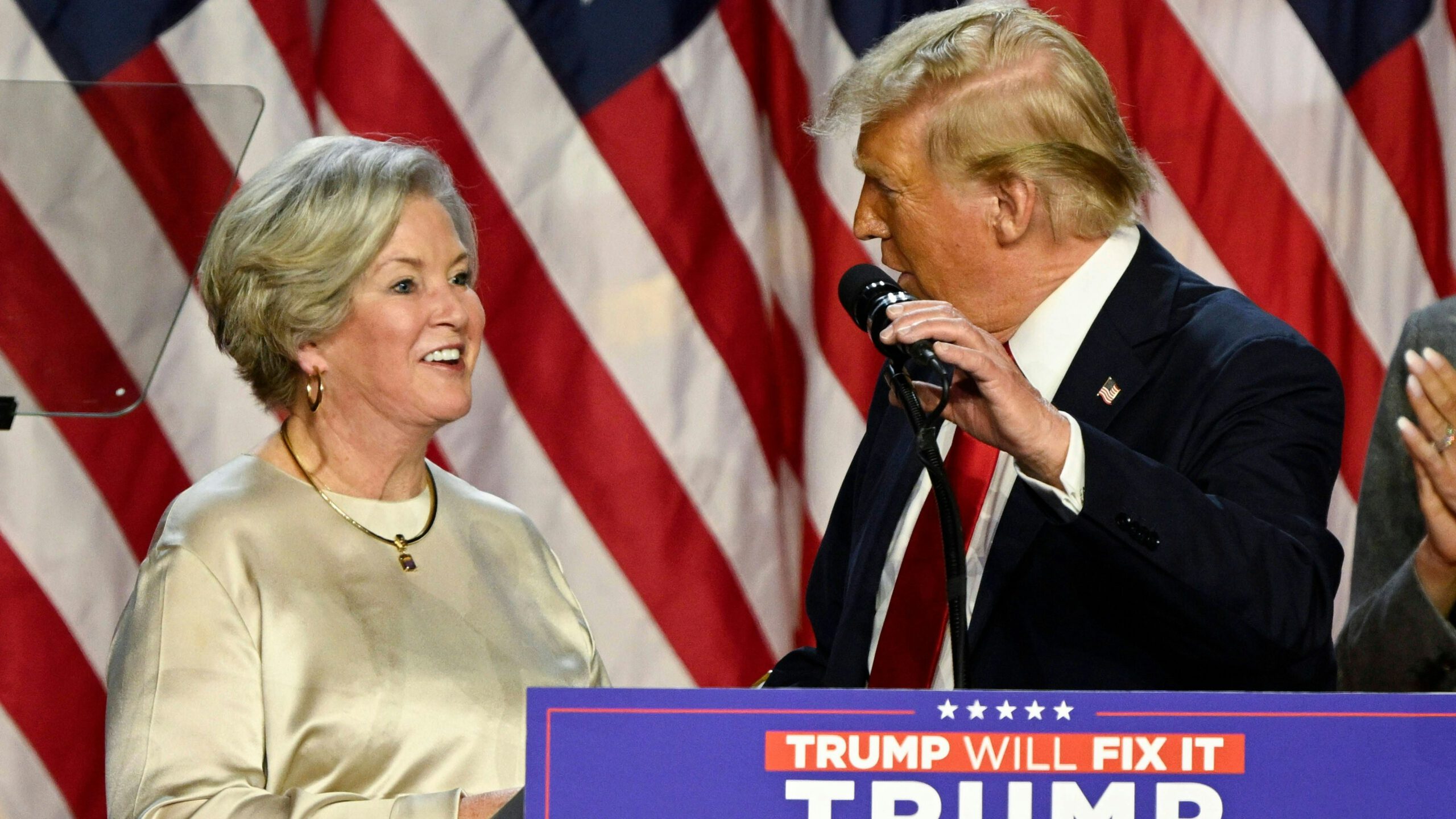Your local mechanic just turned away your Tesla, and it’s not because they hate electric vehicles. Across the country, independent repair shops are declining work on certain EV brands, creating service deserts that force owners into costly manufacturer networks. This isn’t mechanic stubbornness—it’s economics, safety, and corporate gatekeeping colliding in ways that reshape your vehicle choices.
High-Voltage Systems Demand Specialized Training Most Shops Can’t Justify
Working on EVs means handling systems that can deliver lethal voltage, requiring specialized certification that many mechanics simply can’t afford to pursue for every brand. Programs through ASE and community colleges provide foundational safety training, but each manufacturer often demands additional, proprietary certification.
Jeremy Roop from Carroll Community College notes that mechanics “have the knowledge of a car, and now they’re trying to take it to the next level.” For a shop that might see one Lucid Air annually, investing thousands in brand-specific training makes zero financial sense.
Manufacturers Lock Down Essential Repair Tools and Information
Several EV makers restrict access to diagnostic tools, repair manuals, and replacement parts—essentially creating walled gardens around their vehicles. Your neighborhood shop can’t troubleshoot software issues or order genuine components without jumping through authorization hoops that many brands make deliberately difficult.
This isn’t accidental; it’s strategic. When manufacturers control the entire service pipeline, they capture more revenue while independent shops get shut out entirely.
Warranty Fears Drive Risk-Averse Shops Away
EV warranties often require authorized service centers for major work, and violating these terms can void coverage worth tens of thousands of dollars. Independent shops, even capable ones, won’t risk the legal and financial consequences of making mistakes on rapidly evolving technology. The stakes are simply too high for shops operating on thin margins.
Your EV Brand Choice Now Determines Service Reality
This service landscape is reshaping EV purchasing decisions in ways the industry didn’t anticipate. Mainstream brands with robust independent support networks maintain better resale values, while boutique manufacturers create geographic service deserts.
Before buying any EV brand, research the local repair ecosystem as thoroughly as you’d compare charging networks. Your dream car becomes a nightmare when the nearest authorized service center is 200 miles away.






























